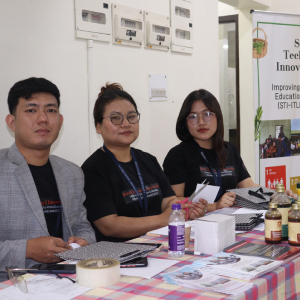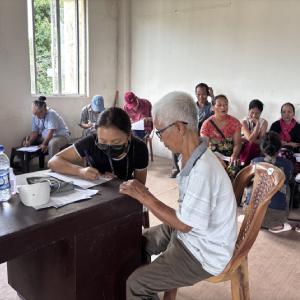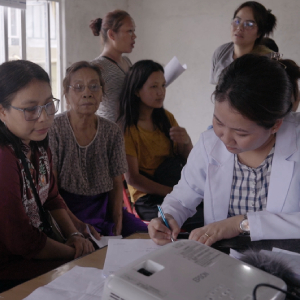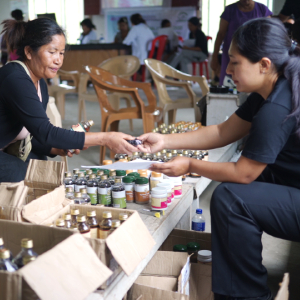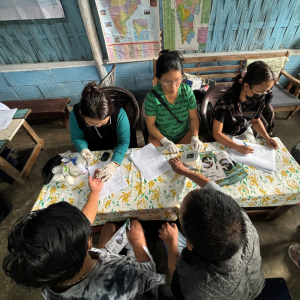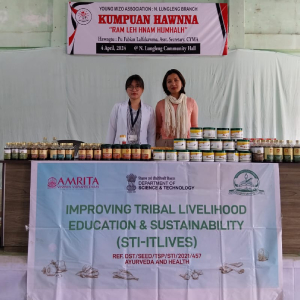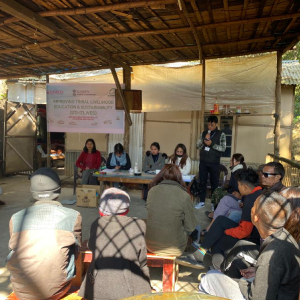Programs
- M. Tech. in Automotive Engineering -Postgraduate
- Building Disaster Resilience and Social Responsibility through Experiential Learning: Integrating AI, GIS, and Remote Sensing -Certificate
Placement



The STI Hub Ayurveda Team’s Free Medical Camp Initiative (January 2024 to November 2025)
For nearly two years, the STI Hub Ayurveda team has been reaching out to communities across Mizoram, offering free healthcare and spreading the wisdom of Ayurveda. From January 2024 to November 2025, the team conducted 21 free medical camps, bringing accessible wellness services and preventive health education to both Aizawl and Serchhip districts in Mizoram. Through these efforts, 1,285 people benefitted directly — 1,118 from Aizawl and 167 from Serchhip — marking a meaningful step toward integrating traditional health knowledge with modern community care.
Foundational Insights
The STI-ITLIVES (Improving Tribal Livelihoods, Education and Sustainability) project aimed to improve the general health and well-being of the Mizo population. While Mizoram has many allopathic hospitals and pharmacies, traditional healing – practices that align the body with natural rhythms and plant-based medicines – is something that is slowly fading.
The STI Hub project wanted to reintroduce the people to nature-based healing. For this, the team recognized that they needed to gather firsthand information about the existing lifestyle (and related diseases) of the Mizo population, if they were to make any meaningful attempt at improving their overall health.
For this, the Ayurveda and Health arm of the STI Hub team, led by Project In-Charge Dr. Delvin T. Robin, Amrita School of Ayurveda, and supported by Dr. Rakesh R S, Amrita CREATE, Amrita Vishwa Vidyapeetham, developed an extensive “Lifestyle Survey” that supported community data collection and was designed to capture all the relevant parameters related to the above objective. Implementation of this survey on the field was headed by Dr. Lalrinhlui, a BAMS doctor from Mizoram, and her excellent team. The team organized free health check-up camps for the local population as a way of meeting them and gaining insights into their existing lifestyle.
In the first ten camps, 602 participants received basic medical assessments such as height, weight, BMI, blood pressure, and random blood sugar testing, while at the same time they filled out the Lifestyle Survey that enabled us to understand the baseline better. The participants varied greatly in age, gender and occupation making the data more representative. These diverse participants gave the team a clearer picture of Mizoram’s real health challenges.
From Health Check-ups to Health Awareness
With the help of data analysts at Amrita CREATE, the team analyzed the prevailing trends. Some of the key findings were:
These insights made it clear that community awareness was just as important as medical screening. Building on this foundation, the next eight medical camps introduced the concept of Dinacharya, or a balanced daily routine — a cornerstone of Ayurveda. These interactive sessions highlighted how small, consistent changes in one’s morning and evening habits can strengthen both body and mind. Participants were given free Ayurvedic medicines and informative leaflets to continue their journey toward wellness at home. A total of 358 individuals attended these sessions.
In the final three camps, the program evolved to include Prakriti Assessments — a personalized wellness tool that helps people understand their unique body constitution: Vata, Pitta, or Kapha. Each participant received a custom lifestyle guide suggesting food, sleep, and daily practices tailored to their constitution. This phase supported 166 participants.
Across all the camps, one clear pattern stood out — greater participation from women. Their strong involvement reflected how women often lead the way in shaping family and community health.
Gratitude and Acknowledgments
The STI Hub Ayurveda team expresses heartfelt appreciation to Dr. Lalmuanpuii and Dr. Laltlankimi Ralte, two dedicated Ayurveda physicians from Mizoram associated with the Ministry of AYUSH. Equal thanks go to the community leaders and STI Hub staff who helped coordinate logistics. Special acknowledgment goes to AmritaLife for providing Ayurvedic medicines. Most importantly, sincere gratitude to the local communities whose openness and trust made the initiative successful.
These efforts echo the spirit of the United Nations Sustainable Development Goals (UNSDGs), particularly SDG 3 – Good Health and Well-Being, SDG 10 – Reduced Inequalities, and SDG 17 – Partnerships for the Goals.
This collaborative project between Amrita Vishwa Vidyapeetham and Mizoram University is supported by the Department of Science and Technology, Government of India.
Amrita Vishwa Vidyapeetham Team
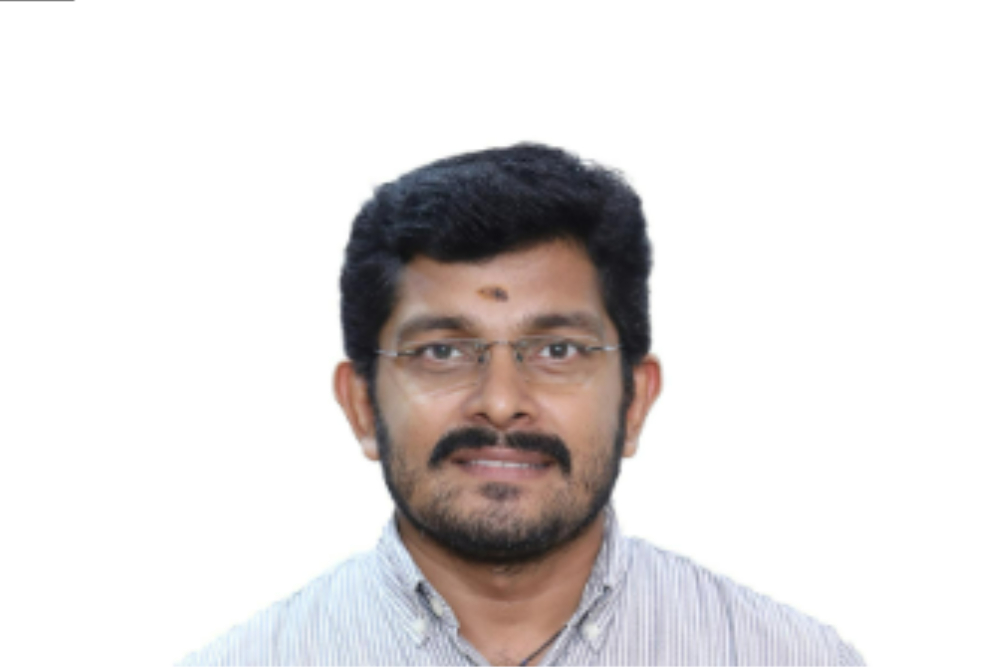 Dr. Rakesh R. S.
Dr. Rakesh R. S.STI Hub Team
Supporting Doctors
